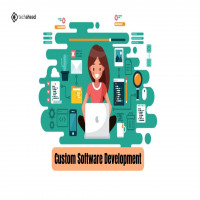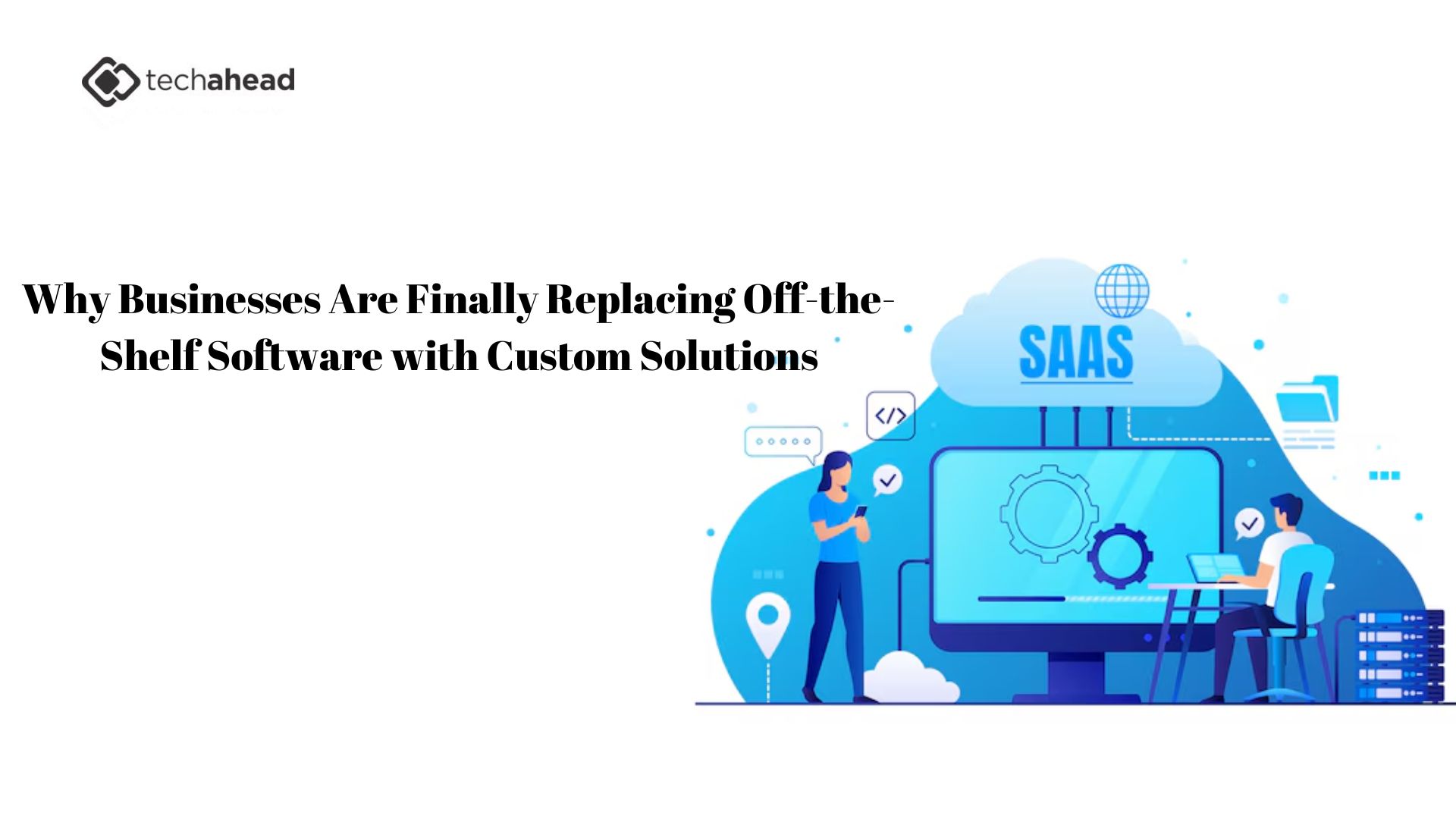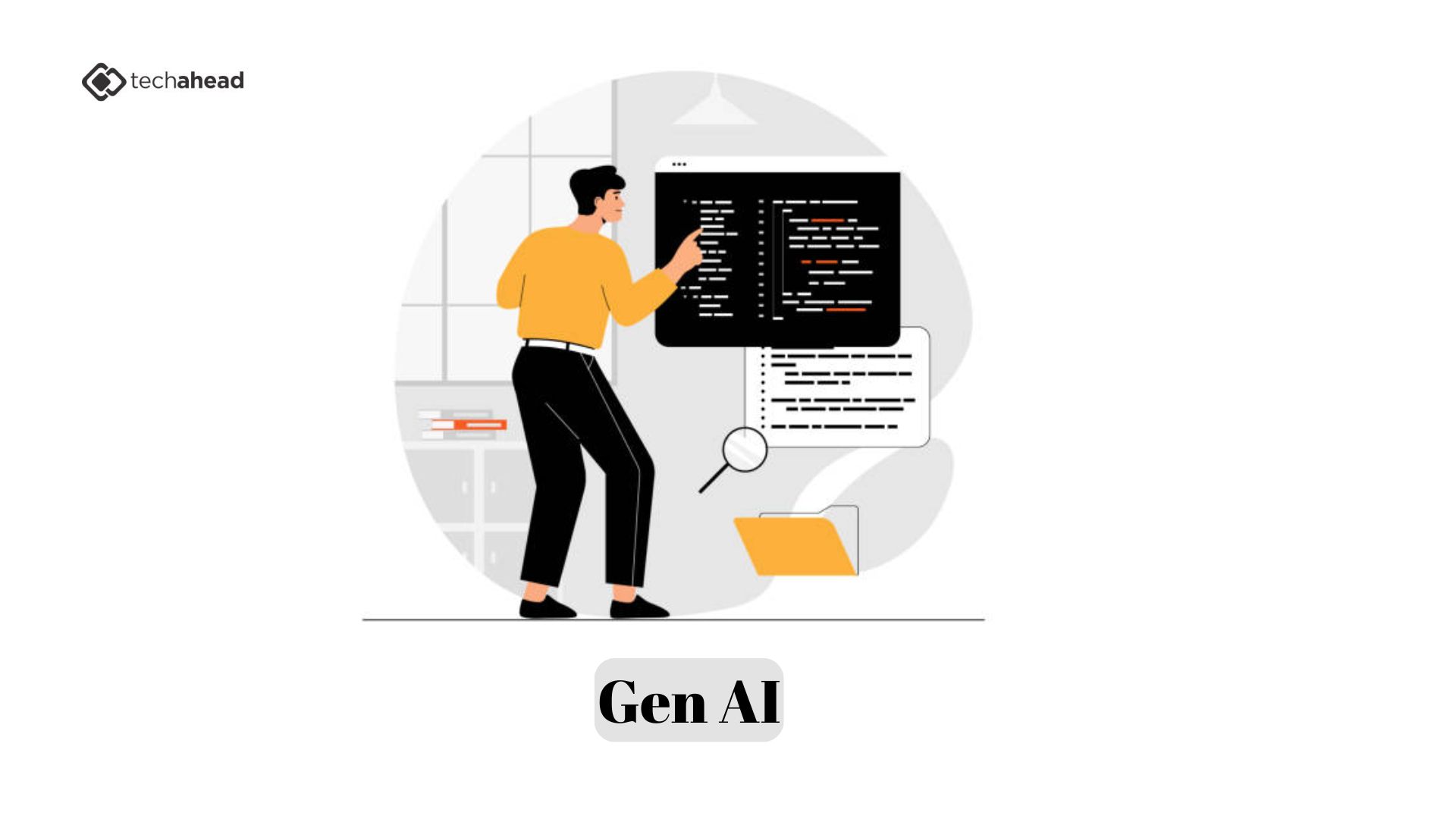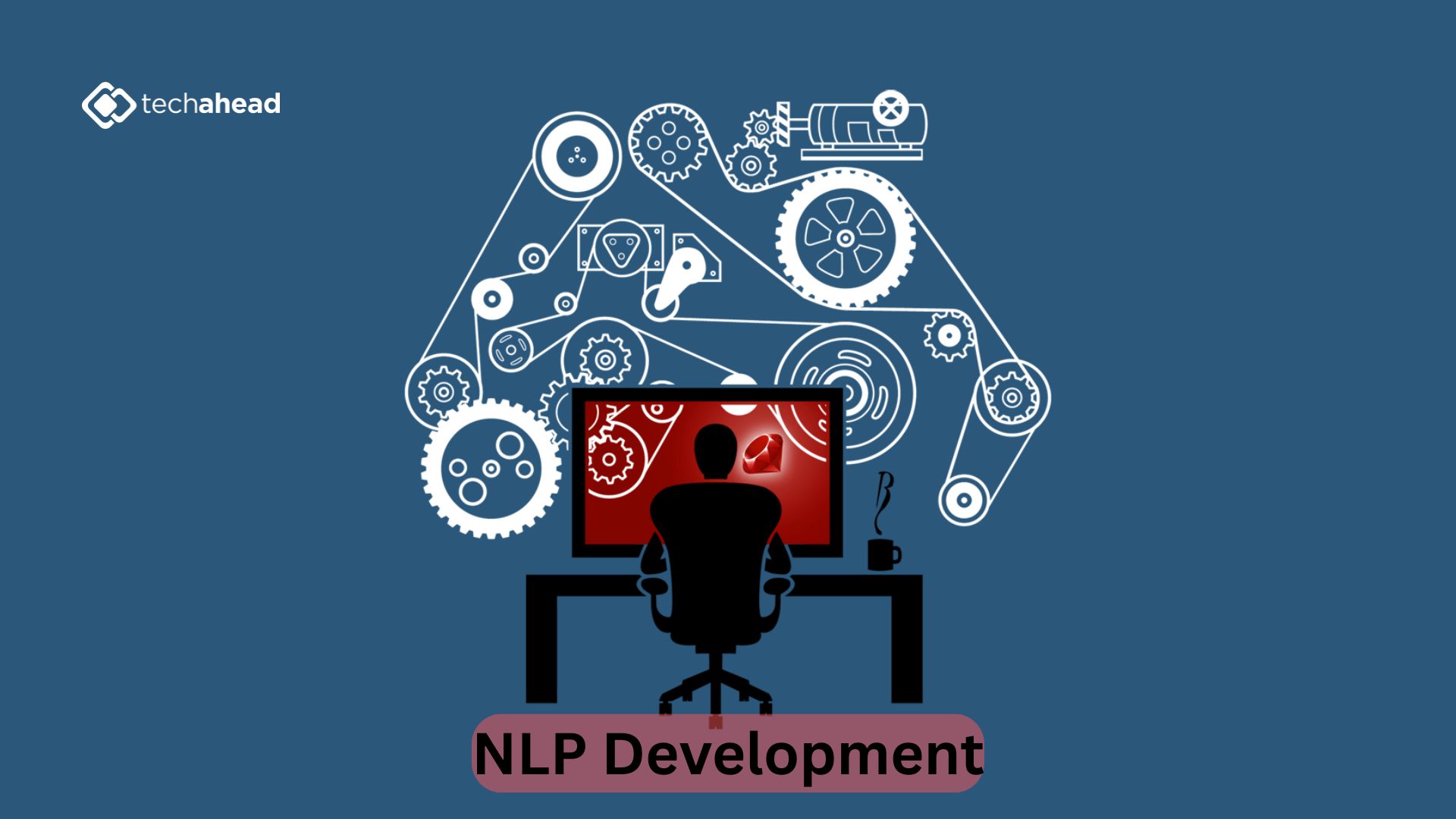The Growing Demand for Guidewire Developers in the Insurance Industry: A Deep Dive
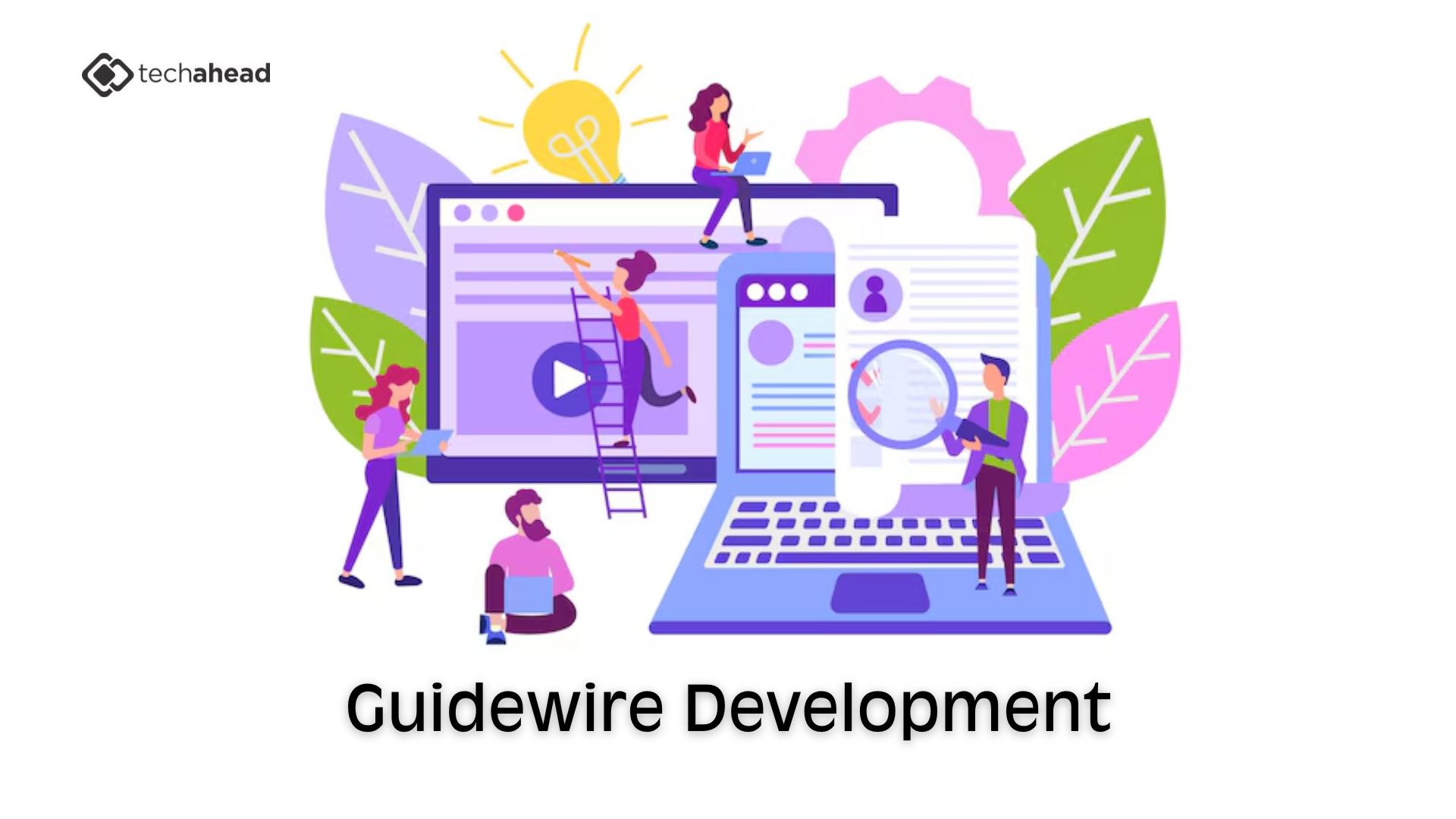
The insurance industry is undergoing a profound digital transformation, and at the heart of this shift lies the critical need for skilled Guidewire developers. As insurance companies strive to modernize their legacy systems, enhance customer experiences, streamline operations, and gain a competitive edge, the demand for professionals proficient in Guidewire technology has skyrocketed. This article provides an in-depth exploration of why Guidewire developers are so crucial, what their roles and responsibilities entail, the skills they need, and the significant impact they have on the future trajectory of the insurance sector.
Why Guidewire? A Strategic Imperative
Guidewire is a leading platform specifically designed for property and casualty (P&C) insurers. It offers a comprehensive suite of software solutions meticulously crafted to manage core insurance operations. These operations include policy administration, efficient billing processes, and streamlined claims management. The platform's robust architecture and comprehensive functionality make it a preferred choice for insurers actively seeking to replace outdated legacy systems and fully embrace digital innovation. The strategic importance of Guidewire lies in its ability to provide a unified, modern platform that can handle the complexities of the insurance business while enabling agility and scalability.
The Multifaceted Role of a Guidewire Developer
A Guidewire developer is not just a coder; they are a key player in the digital transformation of insurance companies. They are responsible for customizing, configuring, and seamlessly integrating Guidewire software to precisely meet the specific and often unique needs of an insurance company. Their multifaceted tasks include:
Configuration: This involves tailoring Guidewire applications to perfectly align with the insurance company's specific business processes and stringent regulatory requirements. This ensures that the software operates in harmony with the company's operational framework.
Customization: Developing custom extensions and enhancements to extend the core functionality of Guidewire. This allows insurers to address niche requirements and gain a competitive advantage.
Integration: Connecting Guidewire with a diverse range of other critical systems, such as Customer Relationship Management (CRM) platforms, secure payment gateways, sophisticated data warehouses, and other essential enterprise applications. This ensures seamless data flow and operational efficiency.
Testing: Ensuring the highest levels of quality and unwavering reliability of Guidewire implementations through rigorous and comprehensive testing protocols. This minimizes the risk of errors and ensures smooth operation.
Maintenance: Providing ongoing support, regular updates, and proactive maintenance for Guidewire applications. This ensures that the system remains stable, secure, and up-to-date with the latest industry standards.
Essential Skills and Qualifications for Success
To excel as a Guidewire developer, a combination of technical expertise, industry knowledge, and soft skills is essential. Typically, the following qualifications are required:
Educational Foundation: A bachelor's degree in computer science, software engineering, or a closely related field. This provides a strong theoretical foundation for software development.
Programming Proficiency: Mastery of Java and other relevant programming languages. Java is the primary language used in Guidewire development.
Database Expertise: Hands-on experience with database technologies, particularly SQL. This is crucial for data management and manipulation within Guidewire.
Web Services Knowledge: A solid understanding of web services and integration patterns. This is essential for connecting Guidewire with other systems.
Insurance Industry Acumen: Familiarity with the insurance industry, its core processes, and regulatory landscape. This allows developers to create solutions that are tailored to the specific needs of insurers.
Guidewire Certification: While not always mandatory, Guidewire certification is highly desirable. It demonstrates a developer's proficiency in the platform and increases their marketability.
The Strategic Importance of NLP in Insurance and the Role of NLP Developers
In addition to Guidewire, another transformative technology reshaping the insurance landscape is Natural Language Processing (NLP). NLP developers are increasingly sought after to build intelligent solutions that can analyze unstructured data, automate complex tasks, and significantly improve customer interactions. For example, NLP can be effectively used to process claims documents, extract relevant information with high accuracy, detect fraudulent activities, and provide personalized customer service through chatbots. The integration of NLP with Guidewire can unlock new levels of efficiency and customer engagement.
The Profound Impact of Guidewire Developers on the Insurance Ecosystem
The contributions of Guidewire developers extend far beyond mere coding. They have a profound impact on the entire insurance ecosystem:
Improved Operational Efficiency: Automating manual processes, streamlining complex workflows, and reducing operational bottlenecks.
Enhanced Customer Experience: Providing personalized, seamless, and digital interactions across all touchpoints.
Reduced Operational Costs: Optimizing resource allocation, minimizing errors, and reducing manual effort.
Data-Driven Decision-Making: Leveraging data analytics to gain valuable insights, identify trends, and make informed strategic decisions.
Increased Business Agility: Enabling insurance companies to adapt quickly to changing market conditions, evolving customer needs, and emerging regulatory requirements.
The Future Trajectory of Guidewire Development: Emerging Trends
As Guidewire continues to evolve and expand its capabilities, the demand for skilled and innovative Guidewire developers will only intensify. Several emerging trends are creating exciting new opportunities for Guidewire developers to innovate and drive significant value for insurance companies:
Cloud Computing: Migrating Guidewire deployments to the cloud to improve scalability, reduce infrastructure costs, and enhance agility.
Artificial Intelligence (AI) and Machine Learning (ML): Integrating AI and ML capabilities into Guidewire to automate tasks, improve decision-making, and personalize customer experiences.
Internet of Things (IoT): Leveraging IoT data to improve risk assessment, pricing accuracy, and claims management.
Low-Code/No-Code Platforms: Utilizing low-code/no-code platforms to accelerate development and empower business users to participate in the development process.
Conclusion
Are you looking to modernize your insurance systems, gain a sustainable competitive edge, and unlock new levels of efficiency? TechAhead offers expert Guidewire development services tailored to help you achieve your digital transformation goals. Our team of experienced Guidewire developers can help you customize, integrate, and optimize your Guidewire platform to meet your specific business needs. Contact us today to learn more about how we can help you transform your insurance business.
Note: IndiBlogHub features both user-submitted and editorial content. We do not verify third-party contributions. Read our Disclaimer and Privacy Policyfor details.

